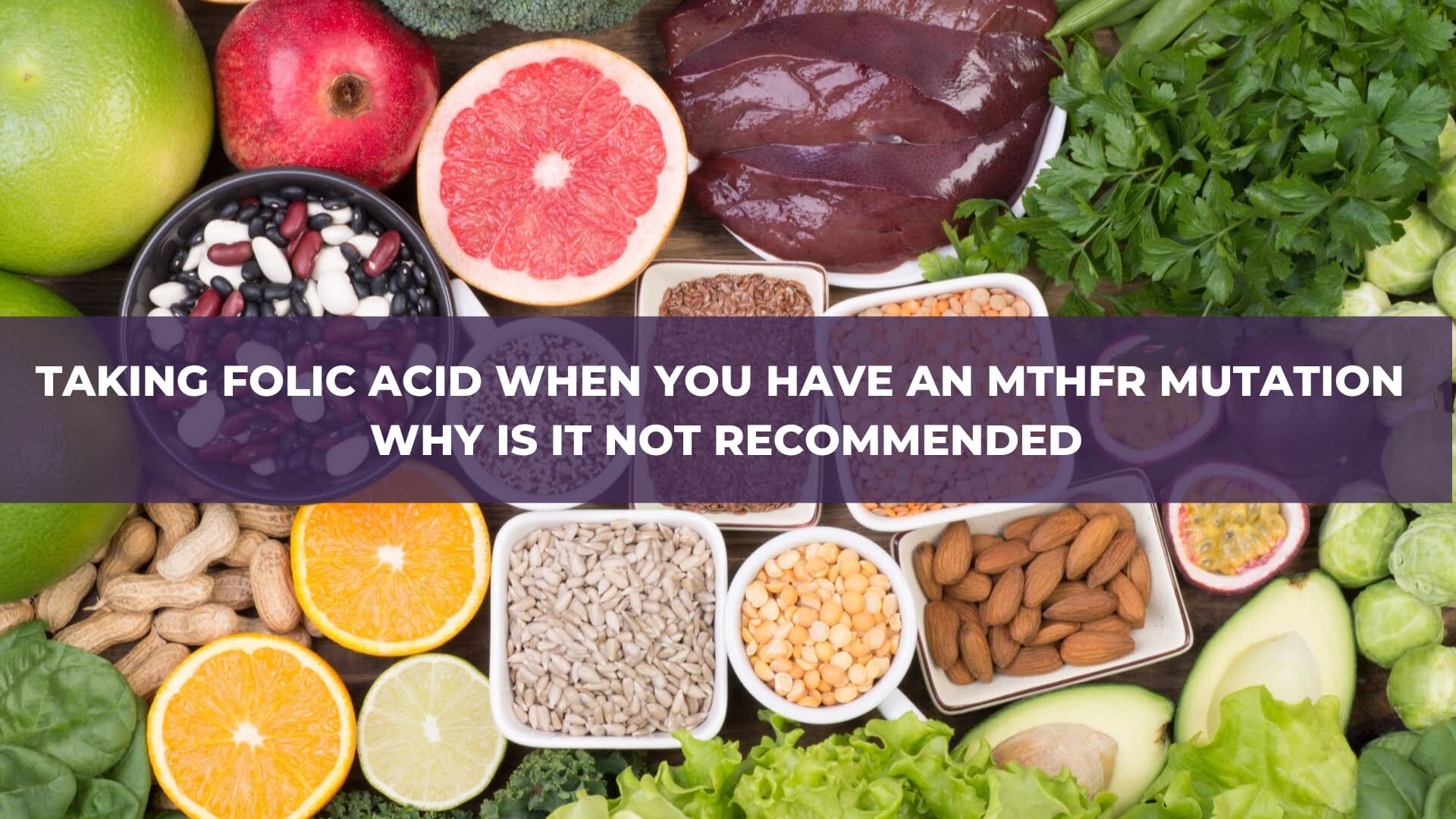What is Bipolar?
Bipolar disorder is a severe mental illness causing repeat episodes of depression, mania, or both. These episodes can be precipitated by upsetting events but are out of proportion to the causes.
Bipolar disorder I is the more severe disorder in terms of it’s symptoms – with individuals being more likely to experience more mania, be more likely to have psychotic episodes and are more likely to be hospitalised.
Bipolar disorder II is diagnosed when a person experiences the symptoms of a high but with no psychotic experiences. These hypomanic episodes tending to last a few hours or a few days.
It is only when these ‘mood-swings’ become extreme and interfere with personal and professional life that bipolar disorder may be present and a psychiatric assessment may be warranted.
Research
1. El-Hadidy et al (2013) aimed to assess the role of the MTHFR C677T mutation in the development of bipolar disorder (BD) and its association with age onset. The presence of the T allele was associated with BD when compared to controls. No correlation between C677T, BD and age of onset was found. Overall, the authors concluded C677T is likely to be associated with the risk of developing BD.
2.High homocysteine levels and mutations in the genes that regulate it have been found in bipolar, depressive and schizophrenic patients. Therefore, Permoda-Osip et al (2014) wished to understand the correlation between bipolar mood disorder and mutations in genes that encode MTHFR, CBS, MTR and MTRR enzymes. Bipolar patients were screened for the presence of these mutations and results compared with a control group. Overall, a gene mutation in the CBS pathway was found to be associated with bipolar, the first evidence of its kind to do.









